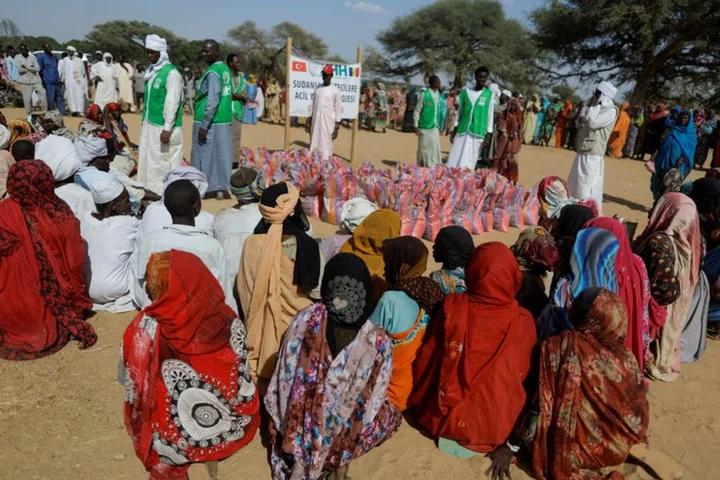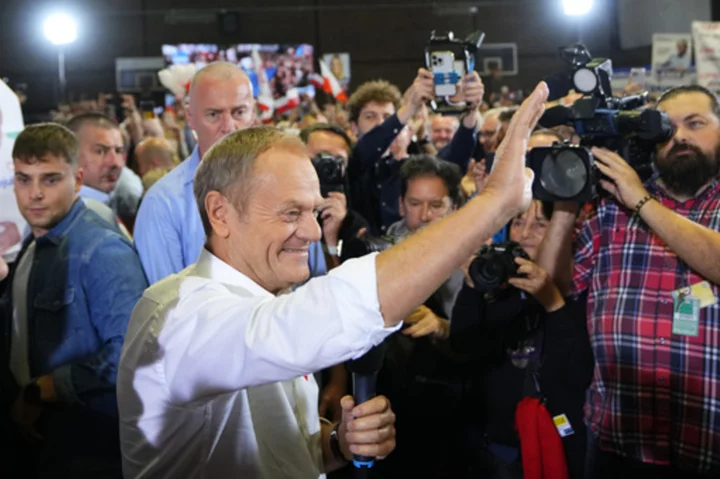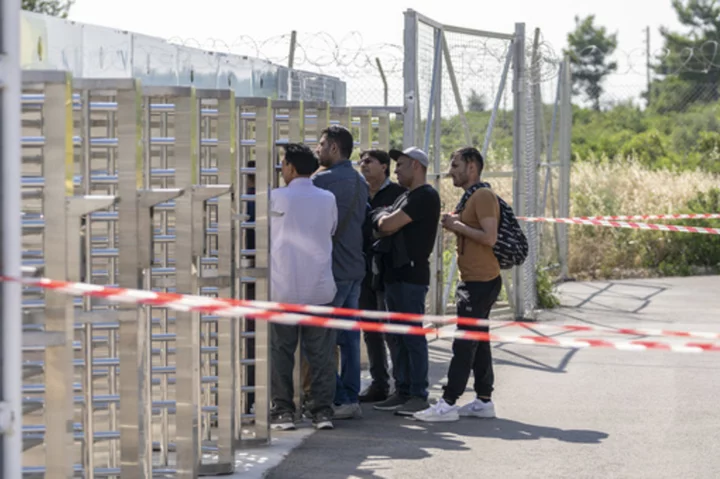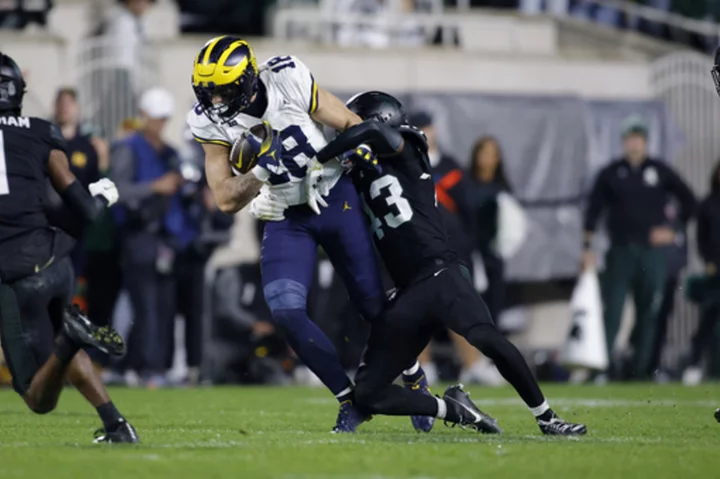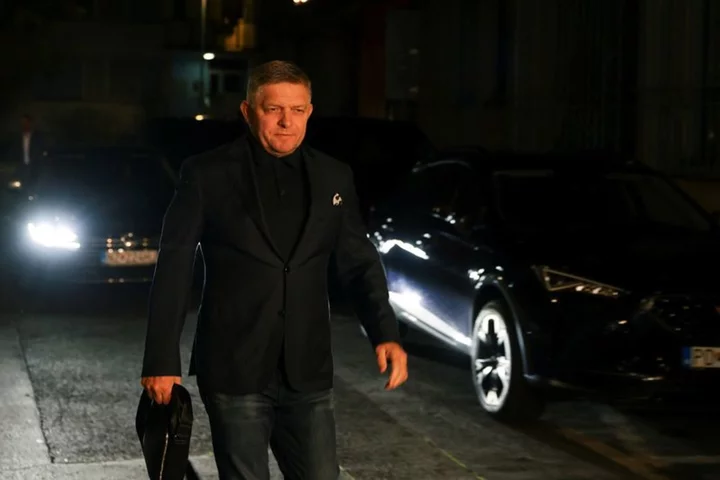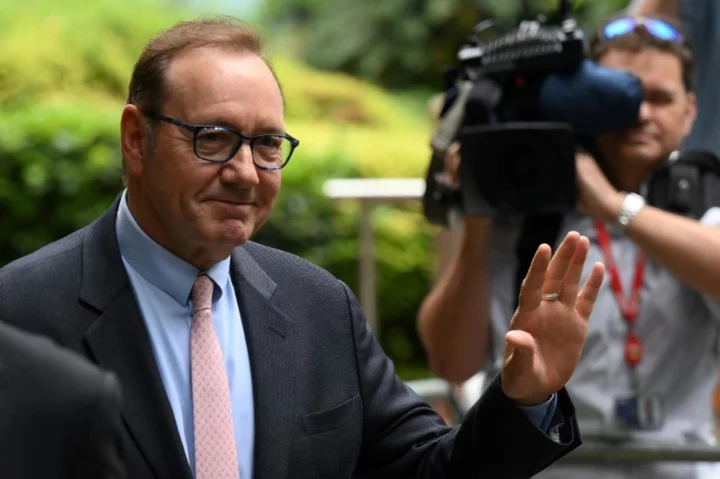KHARTOUM (Reuters) -Residents of Sudan's capital reported air strikes overnight and sporadic gun battles on Tuesday amid what they said was a surge in looting, with no sign of progress in ceasefire talks taking place in Saudi Arabia.
The violence has prompted hundreds of thousands of people to flee their homes, with the number of people internally displaced within Sudan more than doubling in a week to more than 700,000, the U.N.'s migration agency said.
"The biggest danger is the spread of robbery and looting and the total absence of the police and the law," said Ahmed Saleh, 45, from Khartoum's adjoining sister city of Bahri.
Homes, shops and warehouses have all been targeted, residents said. Sudan's Banks Union condemned burglary and vandalism at some branches, saying banks were seeking to restore services if conditions allowed.
The eruption of conflict between Sudan's army and the Rapid Support Forces (RSF) paramilitary risks a prolonged war that could draw in outside powers and unleash a new humanitarian crisis across the region.
The United Nations estimates that 5 million additional people will need emergency assistance inside Sudan while 860,000 are expected to flee to neighbouring states that were already in crisis at a time when rich countries have cut back on aid.
The World Health Organisation also on Tuesday raised the confirmed death toll to more than 600, with 5,000 injured, though the true figure is thought to be much higher.
Meanwhile there has been no outward sign of progress in the talks that have taken place in Saudi Arabia since Saturday despite their limited goal of a ceasefire to allow humanitarian access. Repeated earlier truce deals have already been broken.
The army, under General Abdel-Fattah al-Burhan, and the RSF under General Mohamed Hamdan Dagalo, known as Hemedti, had joined forces in a military coup in 2021, reconfiguring a planned transition to civilian rule.
But they fell out over the terms and timing of the transition, leading to the sudden explosion of fighting in Khartoum on April 15 that quickly spread to the Darfur region where a conflict had already rumbled since 2003.
Burhan said in a phone interview with an Egyptian TV station on Monday that the talks in Jeddah were aimed at relieving pressure on civilians, not at any political settlement. He accused the RSF of cutting off supply of power and telecoms in areas they controlled.
"We are pursuing putting in place real foundations for stopping the fighting, including withdrawal from areas that are residential or have public services, the removal of troops from the centre of the capital, the removal of snipers and armed occupation from citizens' homes," he said.
The RSF has said in statements that it is seeking to keep services running in Khartoum, and has rejected reports of looting and other abuses by its men. It said on Tuesday that the army had been hitting residential areas with air strikes.
(Reporting by Khalid Abdelaziz; Additional reporting by Aidan Lewis in Cairo, Emma Farge in Geneva and Ece Toksabay in Ankara; Writing by Angus McDowall, Editing by Angus MacSwan and Frank Jack Daniel)

